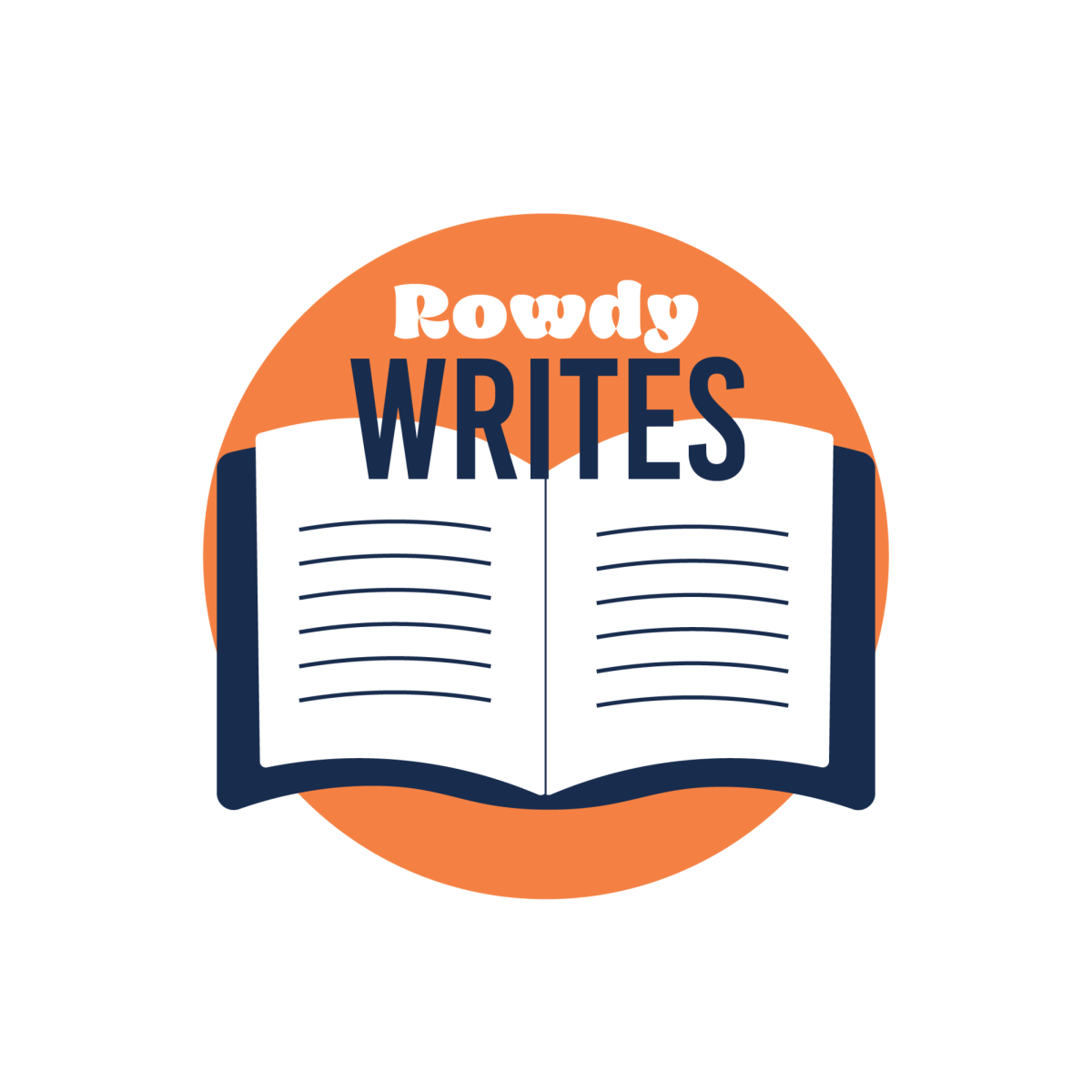New York Times best-selling author Chuck Klosterman, took center stage at Trinity University on Monday, Feb. 27 to share what he has learned from pop culture and interviewing rock stars.
“Bono loved being interviewed. He treated the interview almost as if I were his psychiatrist. He wanted to lay there and have me ask him questions about his life,” Klosterman said.
He also shared his experience interviewing Jeff Tweety from Wilco. “I remember thinking that if the circumstances were different, we could be friends. We have the same sense of humor and like the same writers. He was the most normal guy I ever interviewed.”
Tweety checked himself into rehab the following day. The irony was not lost on Klosterman, who didn’t express much disappointment.
Klosterman opened the evening with highlights from his career and shared stories about his obsession with “hair metal” that led him to publish his first book, “Fargo Rock City: A Heavy Metal Odyssey in Rural North Dakota,” in 1998.
With no access to cable or MTV during his youth, Klosterman told the audience that he had to rely on supermarket magazines for heavy metal news. Klosterman also admitted to feigning hatred for MTV because, in most interviews, heavy metal rock stars said they hated MTV. It wasn’t until a few years later that he learned metal dominated MTV in the 80s and 90s.
Klosterman described pop culture very simply. “It’s culture that is popular – television, movies, books, sports, religion.” From his days as a journalist in Akron, Ohio, to his current post at Grantland.com, a website devoted to sports and popular culture, Klosterman has become an ardent student of pop culture trends. He explained that by examining popular culture, he became aware of how people understood their life and who they are.
The second half of Klosterman’s presentation was a social experiment of sorts that involved audience members. With everyone standing up, Klosterman asked the audience 30 questions. The directions were simple. Remain standing if you would answer “yes” and sit down if your response would be “no.” Once seated, you could not stand back up again, even if you agreed with the next question.
Klosterman introduced the questions with a hypothetical scenario. A 15-year-old boy has a list of dreams and is asking you if he should pursue them. What would you tell him to do? Would your answer depend on the boy’s dream, or would you advise him to follow his dream, no matter how ill-conceived it may be?
The first few questions were fairly predictable:
“My dream is to see the world. I want to drop out of school and travel to every continent. Should I follow my dream?” Yet, as the experiment wore on, the questions became more thought provoking.
“I am passionate about cars and it’s my dream to own a Maserati. I’ll do anything to own that car. Take any job. Should I follow my dream?” Question six sparked the libidos of the mostly college-aged audience:
“I want to radically reinvent the sex industry. Should I follow my dream?”
But it was question 14 where Kloseterman lost about half of his audience: “I want to legally kill someone who deserves to be killed.”
By question 30, only about five audience members remained standing, even through the last three questions: “My dream is to alter my physical appearance and become a carnival side show and bill myself as ‘The Real Life Yoda'”; “My dream is to eliminate the incest taboo in America.” And finally, “I want to secretly run a racist preschool. Should I follow my dream?”
Klosterman then asked those remaining why they would answer yes to all 30 questions. Most of the answers were unsurprising. “These are his dreams,” “He should follow his own path” and so on. It seems the potential consequences of pursuing these dreams had no say in the matter for these participants.
What would Yoda say? Maybe he’d offer the same sage advice he once gave Luke: “Do or do not. There is no try.” No matter how outrageous the dream.











